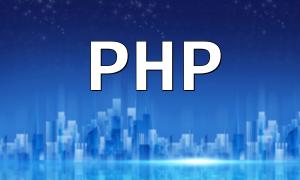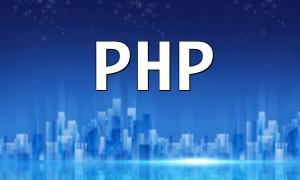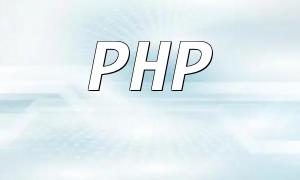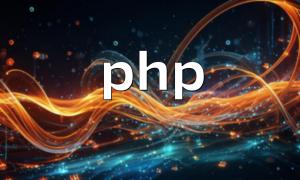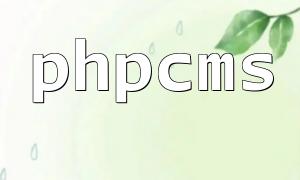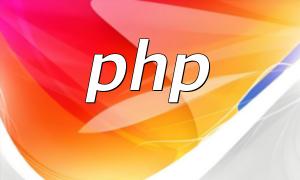In PHP development, code changes and refactoring are inevitable. A mature PHP framework should provide reliable mechanisms to manage these changes, making the code easier to maintain and extend.
Most PHP frameworks integrate with Git or other version control systems, allowing developers to track code changes, roll back to previous versions, and collaborate with team members. Version control facilitates code review, discussion, and merging, ensuring code quality and consistency.
Unit testing and functional testing are essential for code stability. A good PHP framework supports automated testing, running tests automatically after code changes to quickly detect regressions and ensure functionality reliability.
Some PHP frameworks provide code generators and scaffolding tools to quickly create models, controllers, and views. This speeds up development and maintains consistent, maintainable code structure. Even when code changes, these tools can efficiently update the code.
PHP frameworks usually offer dependency management mechanisms, making it easy for developers to install, update, and manage required libraries. This ensures compatibility with dependencies and reduces conflicts during code changes.
Laravel is a popular PHP framework that performs well in handling code changes and refactoring:
With these mechanisms, Laravel enables developers to confidently make code changes and refactor while maintaining stability and maintainability.
